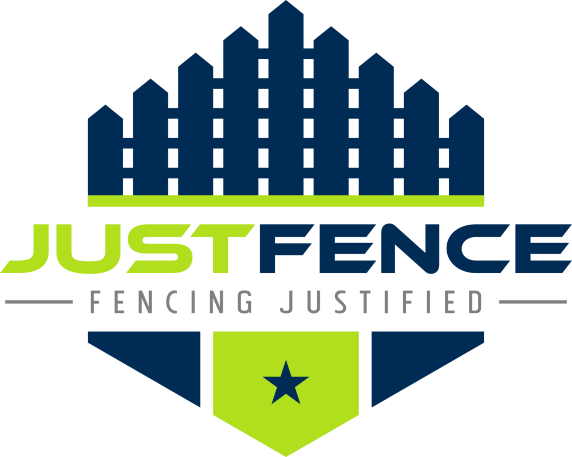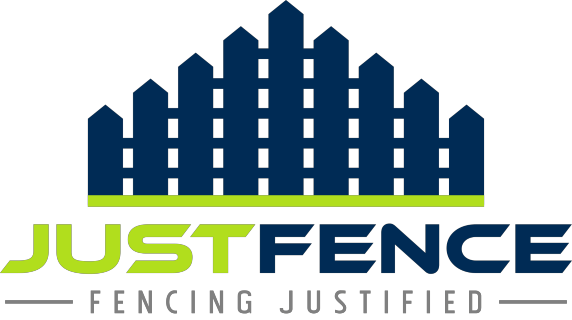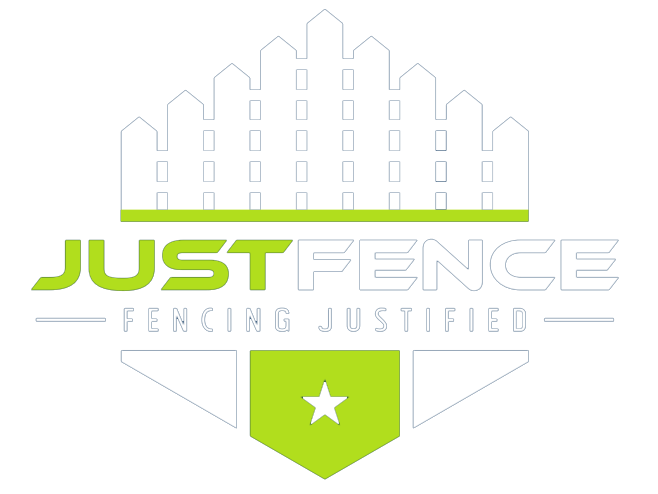Clearing the Path to a Neat and Tidy Property
When setting the stage for any property improvement project, people often underestimate the importance of cleanliness and debris removal. Whether you’re planning to install a new fence, landscape your garden, or embark on any construction work, ensuring a clean and debris-free site is crucial. In this article, we’ll delve deeper into the importance of clearing the sites before starting fencing work and understanding the distinction between JCB charges and debris removal charges.
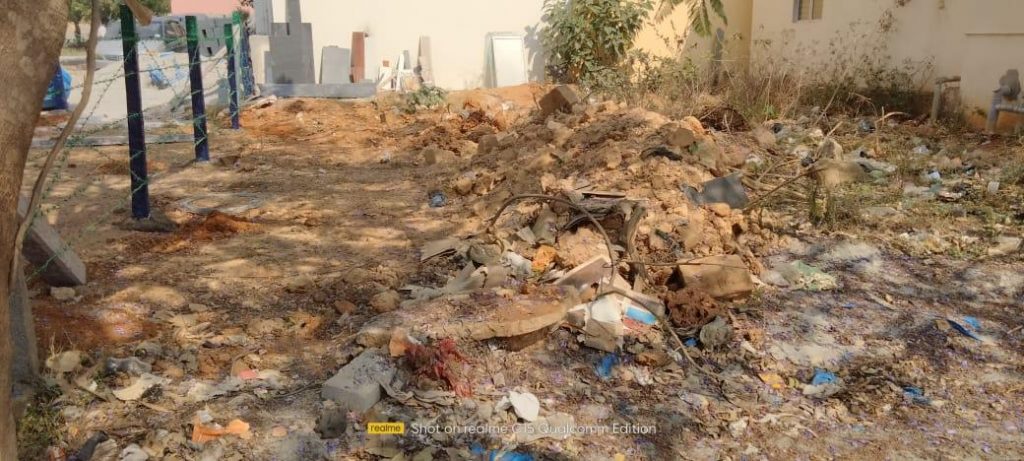
1. A Clean Canvas for a Successful Project
Imagine trying to paint a masterpiece on a canvas covered in dirt and clutter. Similarly, before you start any property enhancement project, it’s essential to clear the site of debris, waste, and unwanted materials. Here’s why:
- Safety First: A cluttered work area can be a hazard for both workers and property owners. Debris can cause accidents and injuries if not properly managed.
- Efficiency: A clean and organized site allows for better workflow and efficient project execution. It minimizes downtime caused by navigating around obstacles.
- Optimal Results: A clean site ensures that your project is executed to the highest standards. Whether it’s installing a fence or landscaping, the final result will be more aesthetically pleasing and long-lasting.
2. Understanding JCB Charges and Debris Removal Charges
When it comes to cleaning your property, it’s essential to differentiate between JCB charges and debris removal charges:
- JCB Charges: JCB (a type of heavy equipment) charges cover the cost of using machinery to clear the waste and debris from the ground. This involves the initial removal of debris from the site.
- Debris Removal Charges: Debris removal charges encompass the cost of transporting and disposing of the waste to another designated area, ensuring it doesn’t end up on neighboring properties. These charges are typically based on the load of debris.
3. Cost Considerations for Debris Removal
The cost of debris removal can vary depending on factors such as the area you are working in and the amount of waste generated. Typically, debris removal charges are calculated per load. Here’s a rough estimate:
- Per Load Cost: Debris removal charges can vary depending on the location and the amount of debris to be removed.
- Location Matters: The specific area where you are working can influence the cost. Urban areas with stricter waste disposal regulations may have higher debris removal costs.
4. Environmentally Responsible Disposal
It’s crucial to work with contractors who prioritize environmentally responsible disposal methods.Proper disposal ensures eco-friendly waste management, minimizing waste’s impact on the environment.
In conclusion, a clean and debris-free site is the foundation of any successful property improvement project, including fencing work. Understanding the distinction between JCB charges ,clearing the sites and debris removal charges helps you budget effectively and ensures a smooth and safe project execution. When preparing for your next property enhancement endeavor, remember that a tidy canvas sets the stage for a masterpiece.




